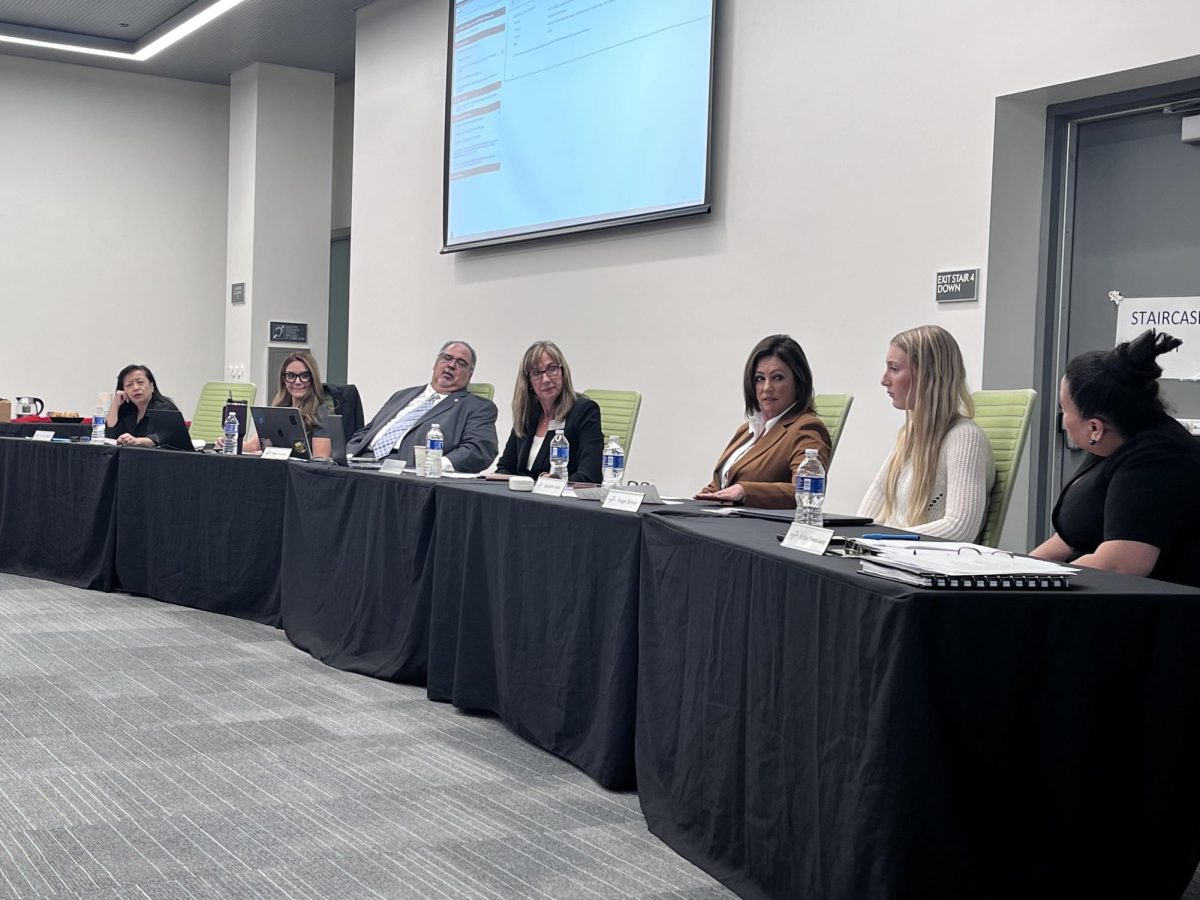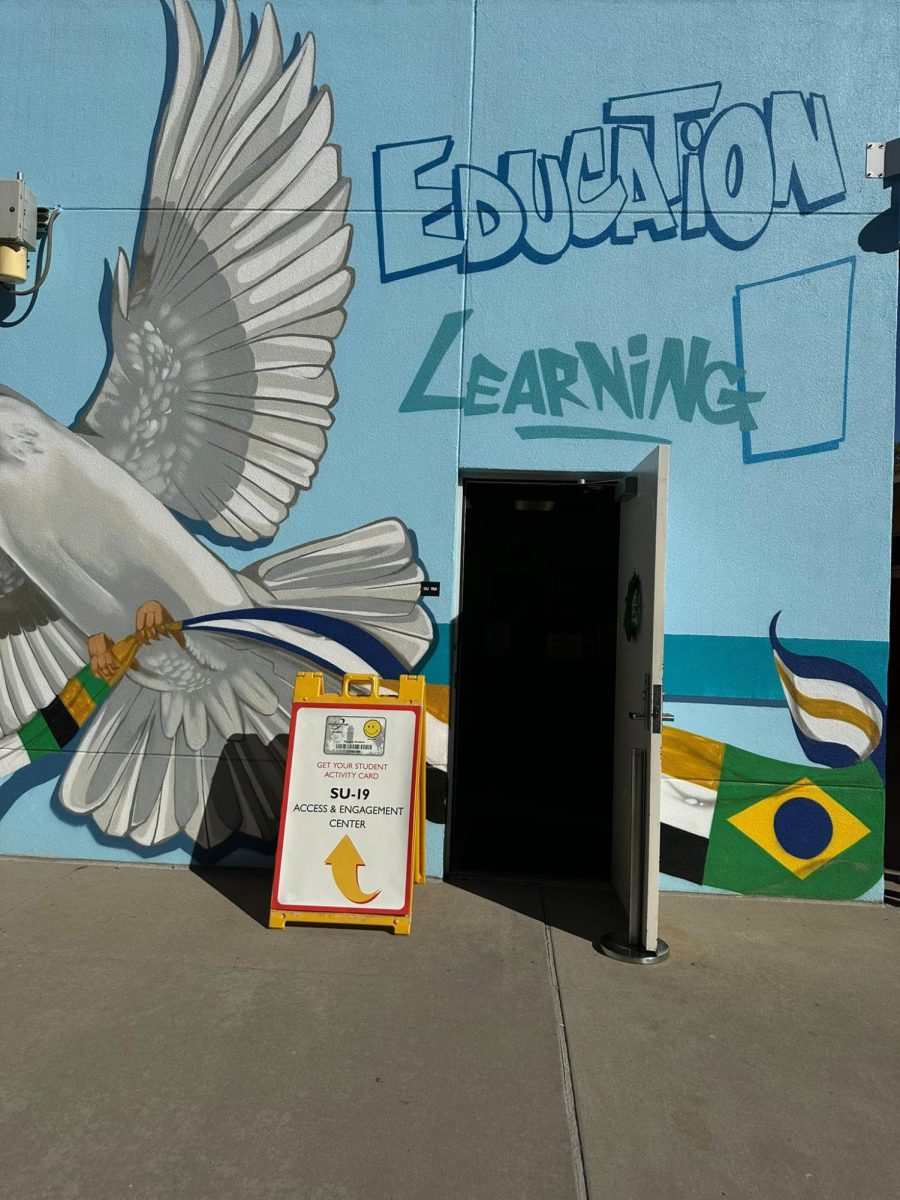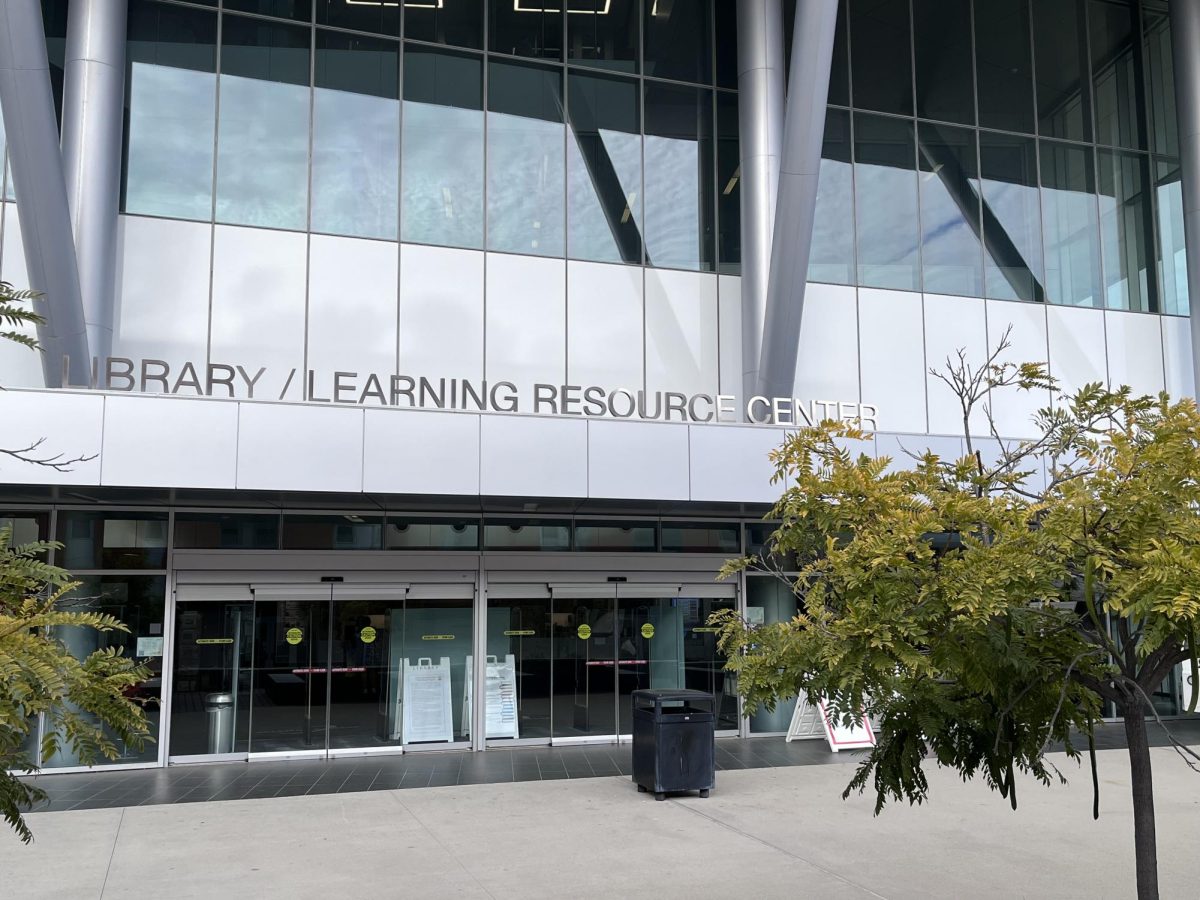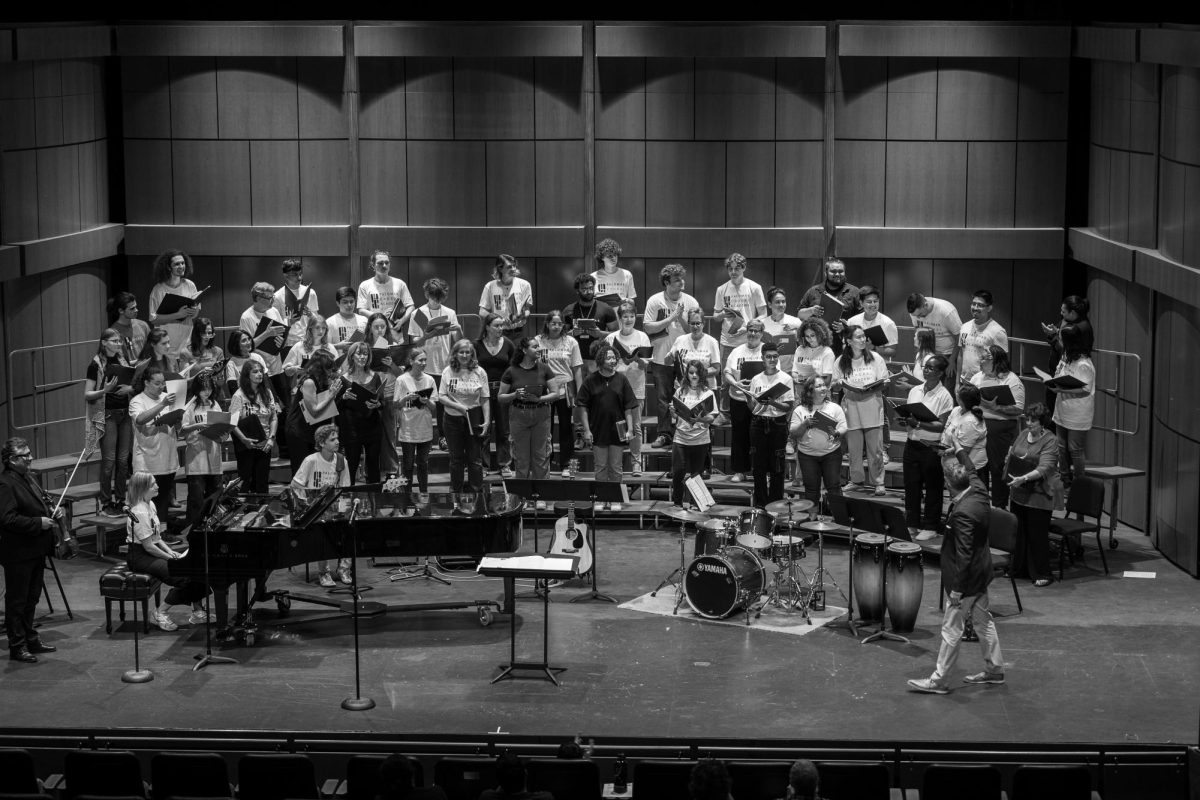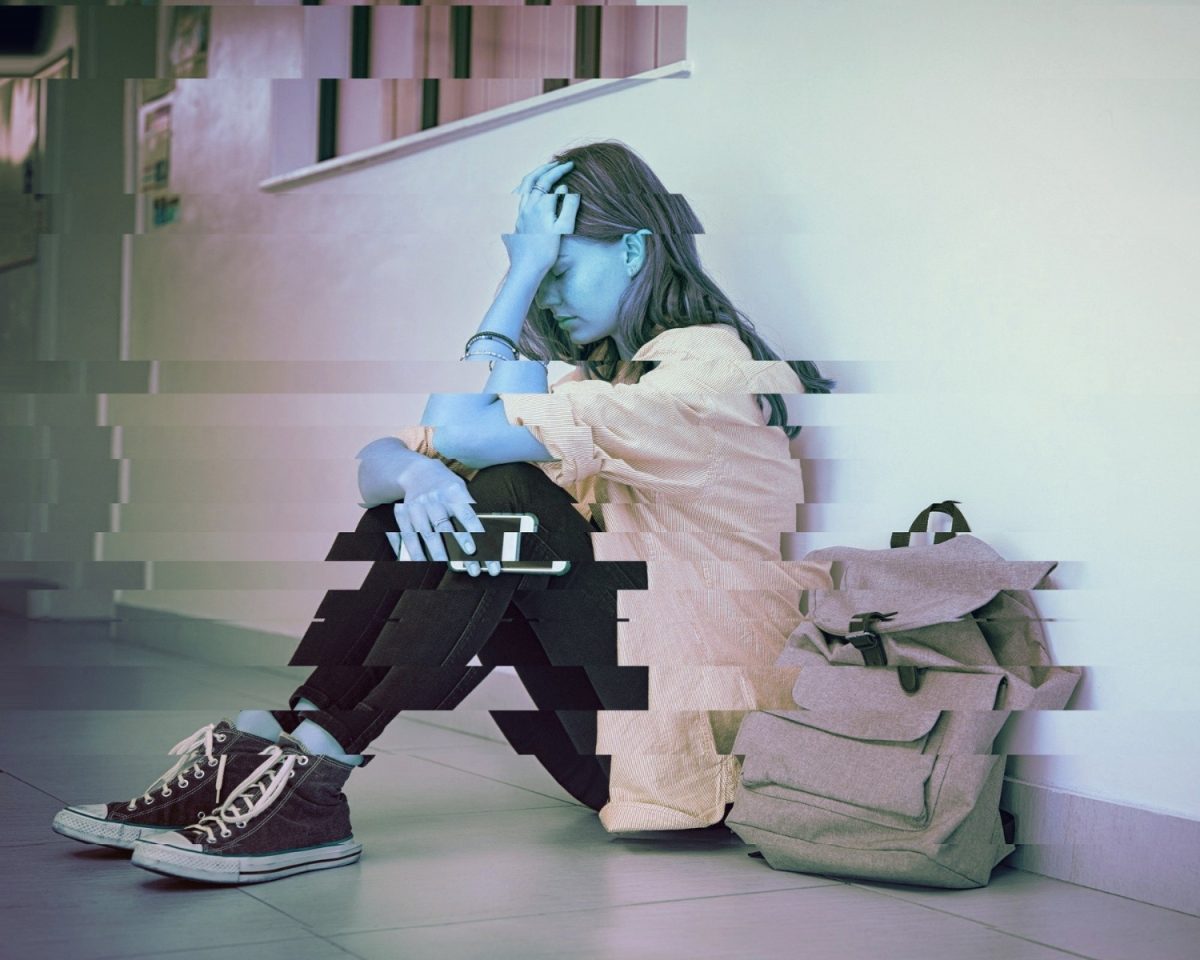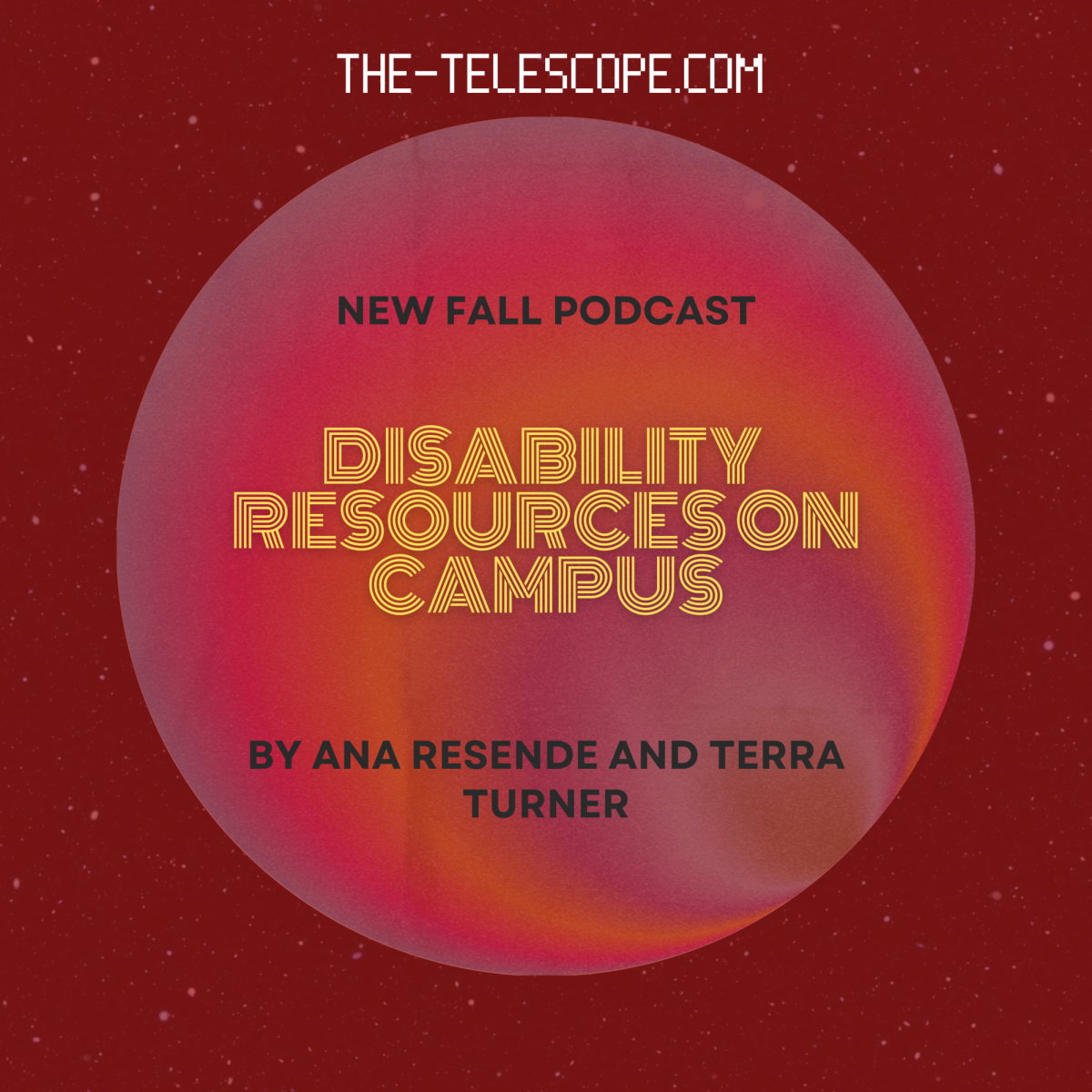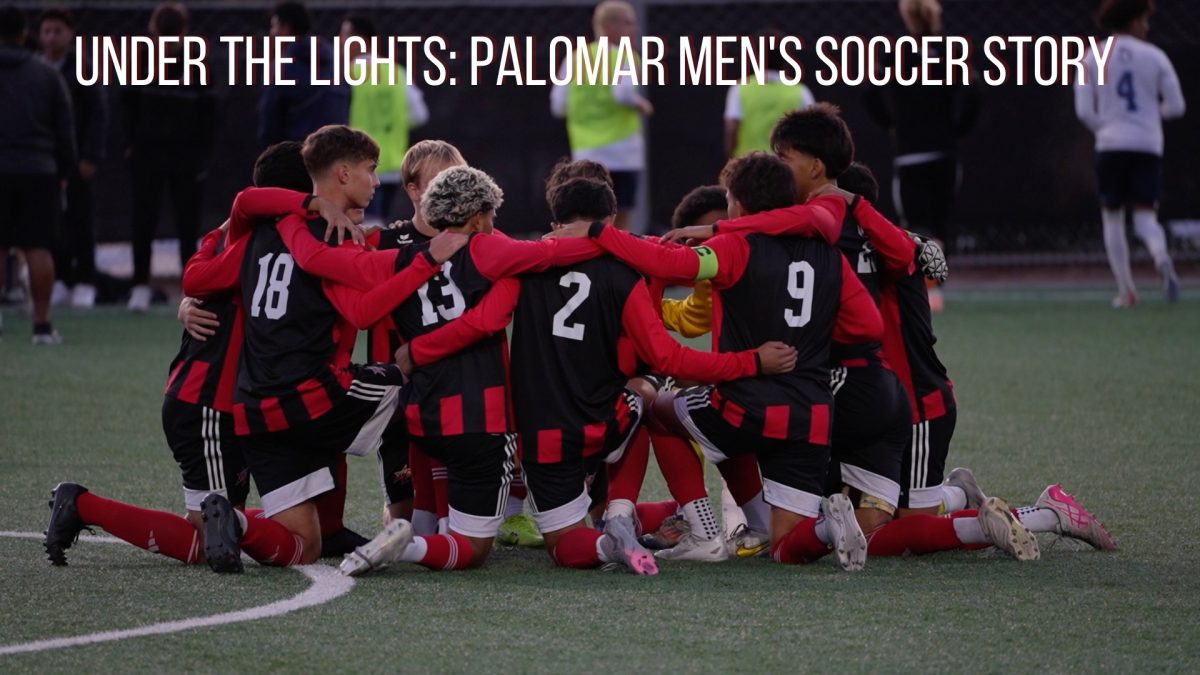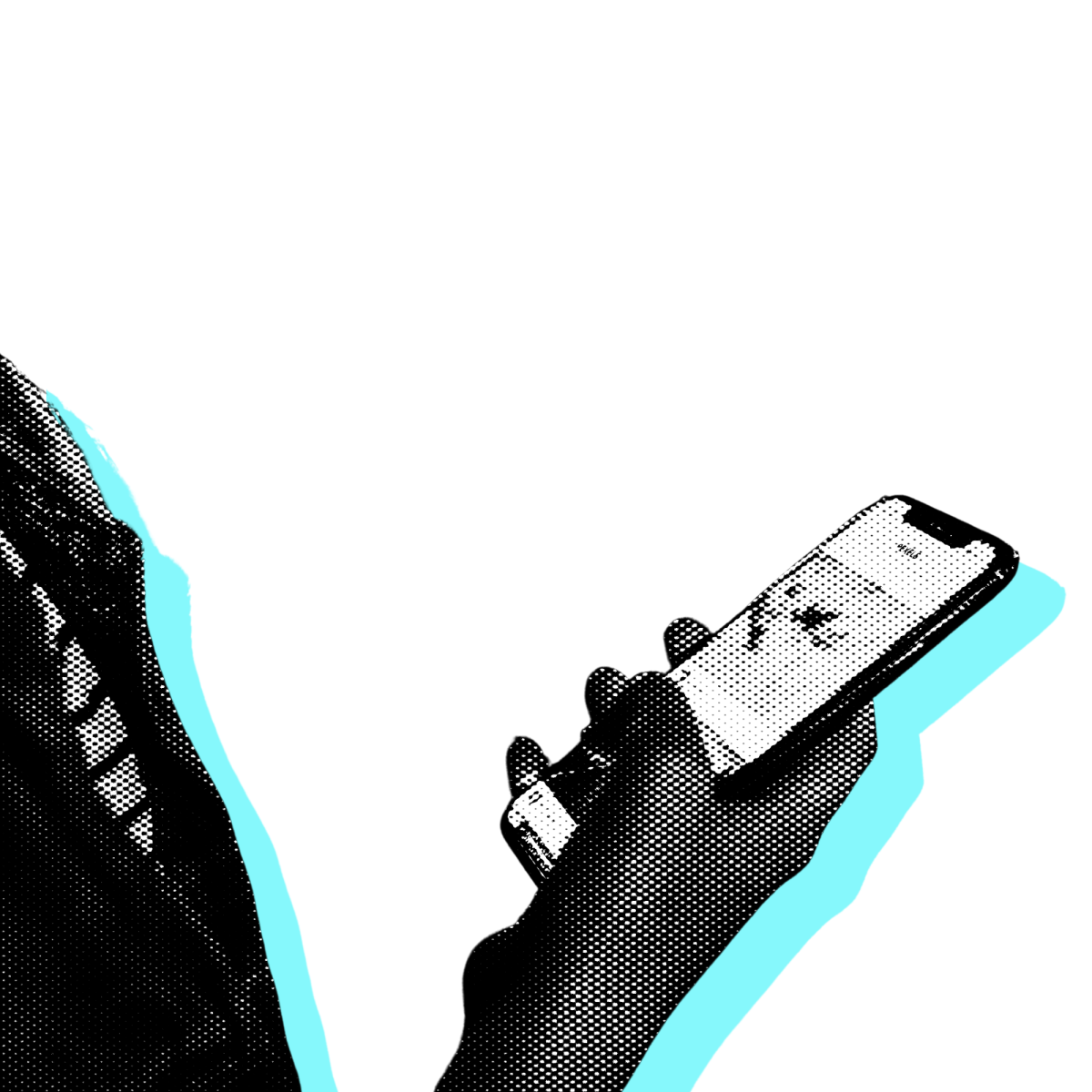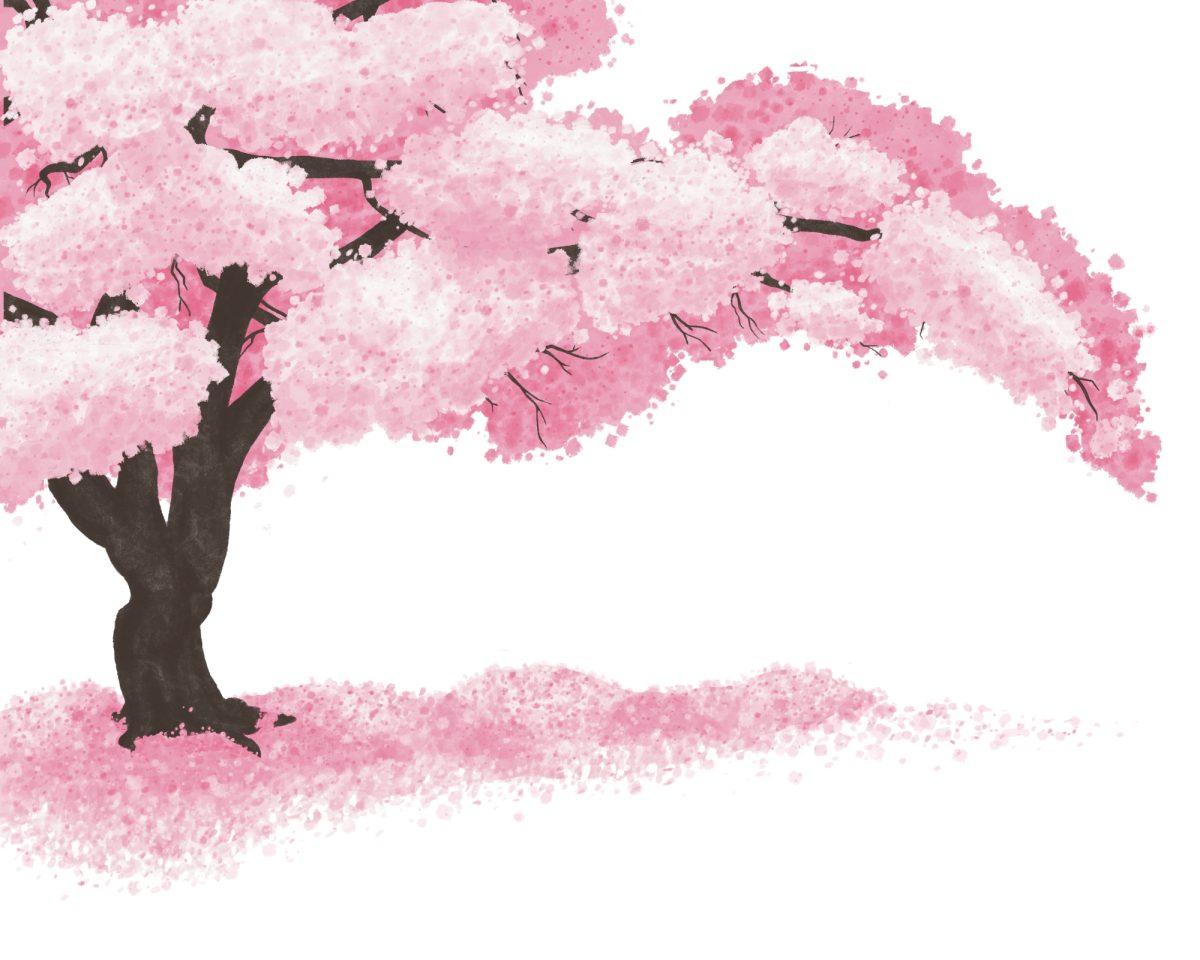
The physical and mental crisis of the Coronavirus pandemic has taken its toll on many.
College students are one of the major groups affected by the many challenges that the Coronavirus has created. Some causes are increased social distancing, skyrocketing rates of unemployment and widening concern for groups that are at-risk for pre-existing health and mental health conditions.
In an article posted on Psychology Today, it stated that suicide rates have been on the rise in 2020. Statistics given by the U.S. Centers of Disease Control and Prevention have reported that “suicide deaths among those ages 16 to 64 had increased to 35% in less than two decades.”
Along with the CDC’s data, information was gathered by the Journal of Medical Internet Research. Its objective was to determine the effects of the Coronavirus pandemic on the mental health and well-being of college students.
A group of 195 students at a large public university in the United States was surveyed. Many students within the group reported increased stress and anxiety, fear and worry about their own health and of their loved ones’ health, difficulty in concentration, disruptions in sleeping patterns, decreased social interactions due to physical distancing and increased concerns of academic performance.
In an article by Forbes, the author touched base on anxieties and concerns facing the reopening of colleges and universities. Dartmouth researchers gathered data from smartphone data, along with self-reported symptoms of mental health distress from a group of undergraduate students. They found that college students, although experiencing distress, are going to socialize at parties despite the presence of a public health crisis.
Some colleges and universities have set in place strict social distancing guidelines upon reopening. These restrictions, however, are their sole effort to reduce the spread so they are fully dependent on students following them.
Many also criticized that these guidelines are delusional, futile and the total opposite of the typical behavior of college students.
This poses a threat to reopening strategies of colleges and universities. College students will continue to be affected by their plans being disrupted by one or more alterations. As a result, students may become more anxious or depressed about the current circumstances they find themselves in.
Mental and emotional crises were not the only problems many college students faced. According to the U.S. Bureau of Labor Statistics, unemployment rates increased by 10.3 percentage points to 14.7% in April 2020. This impacted many students who had jobs, and were furloughed or laid off due to the shut downs.
At Palomar College, the Behavioral Health Counseling Services experienced decreases in students requesting services due to the campus being shut down.
However, there were increases in emotional reactions to isolation and anxiety–fears specifically about becoming infected and overall anxiety about the state of the world in general.
Many Palomar students reported an increase in conflicts with family members who may be reacting differently to the pandemic. Some described family remembers refusing to wear masks or social distance, or claiming it is a “hoax.”
During the start of the pandemic, the majority of Palomar students needed help with emotional stabilization and basic needs, such as food and feeling safe. They struggled with survival and adjusting to distance learning, which made it difficult for them to focus on their mental health.
The behavioral health counselors offered several support groups and workshops via Zoom. They hope to continue to offer groups or workshops, via Zoom, on relevant topics like “Stress & Wellness” to increase support and a sense of connection among students during this time.
The Palomar College staff from Behavioral Health Counseling Services, in addition to Psychology Today, listed some helpful ways to aid yourself or others who are experiencing hardships, including:
- Give yourself credit for the little things you do to be kind to you (brushing your teeth, eating something tasty, taking a walk for fresh air, staying up or sleeping in a little late).
- Give yourself permission to receive kindness from others (vent to a friend, cry to a family member, hug a puppy, ask for an appointment for a free counseling session at Palomar Behavioral Health Counseling Services).
- Recognizing important signs of a loved one who might be contemplating suicide. This may include extreme withdrawal from all family and friends, increased use of alcohol or drugs and erratic behavior (mood swings, increased agitation/aggression/irritability).
- Asking if there is anything you can do to help them feel better (run an errand, drop off a meal, ease their load).
- Help the person access therapy. This could be done through their insurance plan, employee assistance plan (EAP) at work, through their primary care physician’s office, at Palomar College or though their church.
If you or someone you love is contemplating suicide, seek help immediately. For 24/7 support, you can contact the following: The National Suicide Prevention Lifeline at 1-800-273-TALK, the Crisis Text Line by texting TALK to 741741.
For local help, contact the Student Health Centers at Palomar College at (760) 891-7530, or the Behavioral Health Counseling Services at (760) 891-7531.
Upcoming events hosted by the Behavioral Health Counseling Services:
- CARE-NTINE CAMP, mental health for quarantine, is at 11 a.m. on Nov. 13. Please come and grab your Palomar student friends to join in, too. For more information and to register, visit our events calendar at: http://www.palomar.edu/healthservices/events/.

